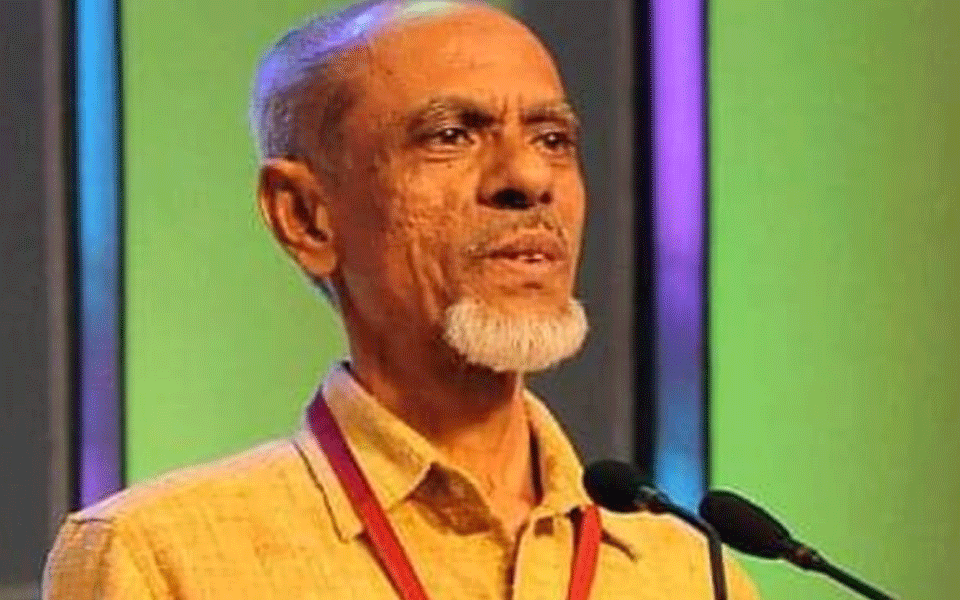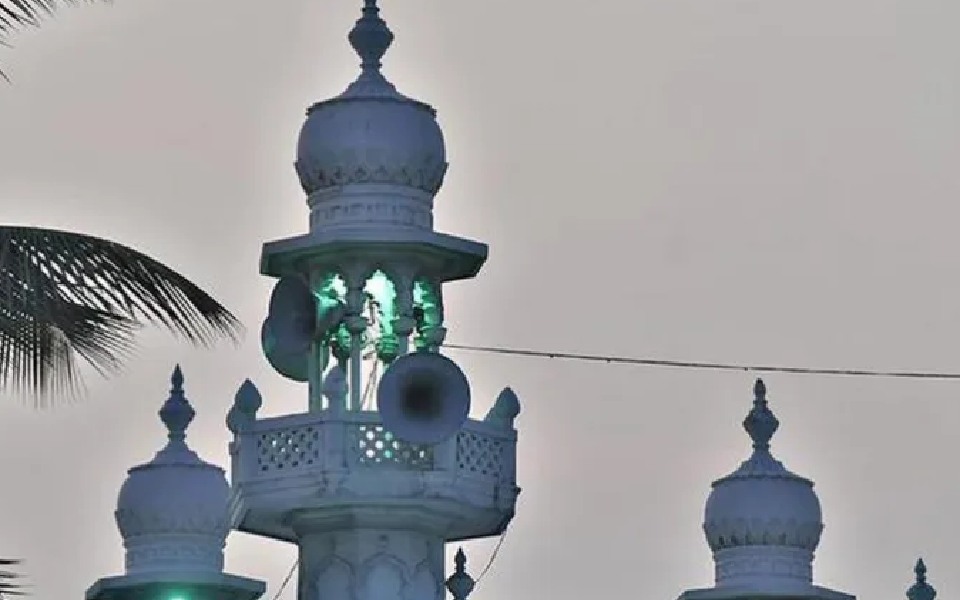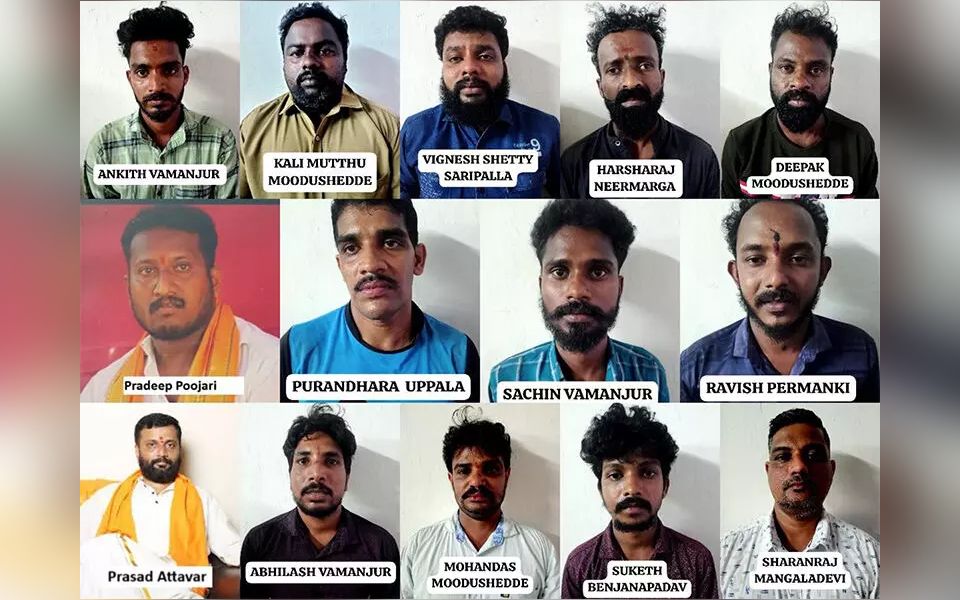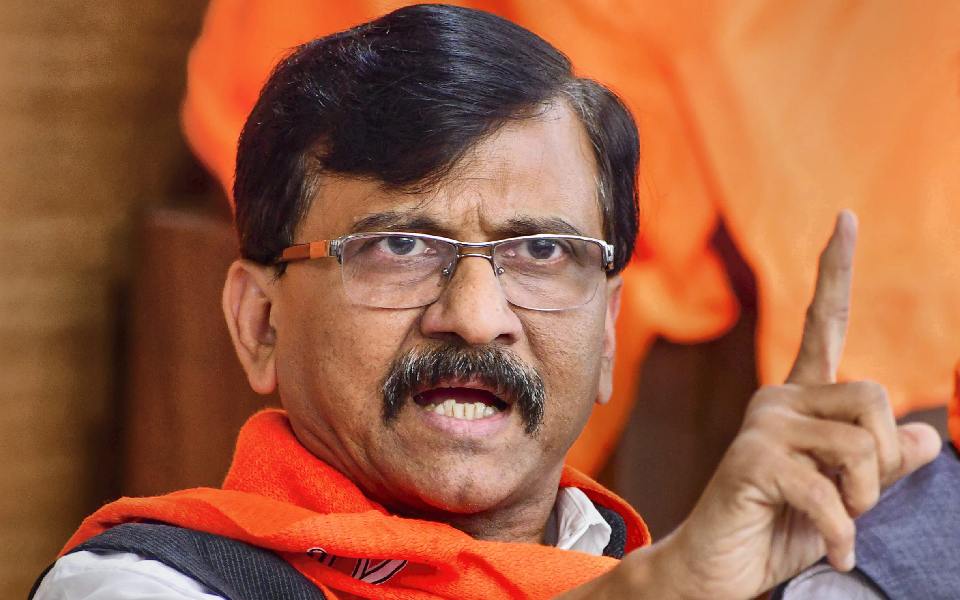Prof. KA Siddique Hassan, who passed away on Tuesday in Kozhikode, will be fondly remembered by many for a lot of things. For some, he was a senior leader of the Jamaat e Islami Hind (JIH), who held key positions such as the Ameer (President), Kerala and the Naaib Ameer e Jamaat (National Vice President), among others. For others, he was an Islamic scholar, with a deep understanding of the religion and the Arabic language. For yet another set of people, he was a visionary Muslim leader, who conceptualised a number of important projects, such as the Madhyamam, Vision 2016 (now 2026) and the Centre for Information and Guidance India (CIGI). While none of these descriptions are inaccurate, what stood out for me over the two years that I spent working with him was that he was one of the finest individuals that I had met, and worked with, so far.
Siddique Hassan sahab was the secretary of the Association for Protection of Civil Rights (APCR) when I worked with them between August 2008 and July 2010. Though not my immediate boss, I would still get to interact with him quite often. While this was primarily because my immediate boss and the director of APCR Dr. Shakeel Ahmad was Ahmadabad based, Siddique Hassan sahab was fond of young people and made it point to engage with them regularly to keep himself informed. Hence, it was not surprising to see his office at the Markaz filled with young people, both males as well as females.
Despite his extremely busy schedule, he was always ready to take time out for something even remotely meaningful. He was always there for people in need, and this ranged from providing counselling, personal guidance, financial help or even providing answers to queries related to Islam. He was a deeply religious man but not at all dogmatic. Hence, while he would punctually perform all the Islamic duties, he would never force them on his subordinates or co-workers.
In my understating, one of the reasons that made it possible for him to do so many-things was the awareness that as a leader it was important for him to delegate work with those around. He would therefore be on the lookout for people with potential, interact with them and explore a common ground of working together. And once he realised that the person had potential to do something, he would not only give him/her the responsibility, but also the freedom to do it in their own way. This is something I can attest about him, and I sure that the many who happened to work with him would agree with me.
Moreover, while there is no doubt that he was a visionary leader, but the fact remains that he was essentially a man of action. To use the description of Allama Iqbal, he was not mere a Guftaar Ka Ghazi (Hero in words) but a Kirdar ka Ghazi (Man of Deeds and Action). He was always ready to be there on the ground and not just lead from the frontline and but also to work shoulder to shoulder with the ordinary workers. He was a practitioner of walk the talk.
Within the first of month of my joining APCR in 2008, I remember travelling with him to the Kosi region of Bihar, which had been hit by massive floods that year. On reaching, not only did he supervise the relief and rescue work, he also chalked out the future plan of action, apart from visiting remote areas which were often completely submerged, in order to provide relief and meet the affected people. Perhaps, this was for the first time that a senior leader of the Jamaat (he was national vice president of JIH then) had reached out to work like this.
He was a workaholic and would work for long hours. I would often see him working post dinner, till at least 10 pm in the night. In fact, most of our meetings, if not urgent, took place post Isha namaz. But what I also want to point out is that while he worked beyond the set numbers of hours, he would never insist that his fellow workers follow the suit. He was firm and target oriented but would not loose sight of empathy while chasing the targets or accomplishing a set goal.
In my view, his presence at Markaz Jamaat brought substantial changes in the working culture of JIH. The headquarters became vibrant, multi-cultural, multi-lingual and representative. During his time in Delhi, instead of just sitting at the Markaz, he travelled the length and breath of the country, especially the Northern and the Eastern Indian states. His style of working was similar to what we are often asked in journalism to do ‘show, don’t tell’. He was a living example of how a leader should be.
It was Siddique Hassan sahab who helped Jamaat, its members and workers of North and eastern India to diversify themselves and become more socially relevant. Thanks to his efforts, today there are a number of organisations working (under the aegis of the VISION 2026) in the field of education, women empowerment, micro-finance, human rights, legal aid, disaster management, skill development, etc in Northern and Eastern India. He combined the efforts of welfare-activism with a rights based approach, not leaving the marginalised entirely relying on the mercies of either the NGOs or the Government.
He often told me that while we should continue fighting to make the government and its agencies work for the people and hold them accountable, we should also continue doing whatever is possible in terms of immediate relief. What was also remarkable about him was that while he was clear headed and knew what needed to be done, he was always willing to learn and experiment at the same time.
While it is true that he was primarily a leader of JIH, it would not be an exaggeration to say that while his heart beat for the betterment and advancement of the Muslim community of India as whole, he was also always concerned about the welfare of humanity in general. Perhaps, that was the reason that he named the umbrella organisation under which he was doing all these activities as the Human Welfare Foundation.
There is no doubt that Siddique Hassan sahab and his work will be fondly remembered in the years to come. However, I doubt that we will get to see a forward looking, progressive, community oriented but equally concerned about the humanity leader like him anytime soon. Since it takes decades, if not centuries, for such a leader to emerge. I sincerely hope I am proven wrong.
(Mahtab Alam is a Delhi based journalist and researcher. He tweets @MahtabNama)
Let the Truth be known. If you read VB and like VB, please be a VB Supporter and Help us deliver the Truth to one and all.
Prayagraj, Jan 24 (PTI): The Allahabad High Court on Wednesday dismissed a writ petition seeking direction to the state authorities to permit the mounting of loudspeakers on a Masjid.
The court observed that the religious places were for offering prayers, therefore the use of loudspeakers was not a matter of right.
Dismissing the writ petition filed by Pilibhit-resident Mukhtiyar Ahmad, a two judge-bench, comprising Justice Ashwani Kumar Mishra and Justice Donadi Ramesh, observed, "Religious places are for offering prayers to the divinity and use of loudspeakers cannot be claimed as a matter of right, particularly when often such use of loudspeakers create nuisance for the residents".
At the outset, the state counsel objected to the maintainability of the writ on the grounds that the petitioner was neither a mutawalli, nor did the mosque belong to him.
The court also noted that the petitioner did not have locus to file the writ petition.
The term 'locus' is a legal concept that refers to the right of a person or entity to participate in a legal proceeding or bring a lawsuit.





